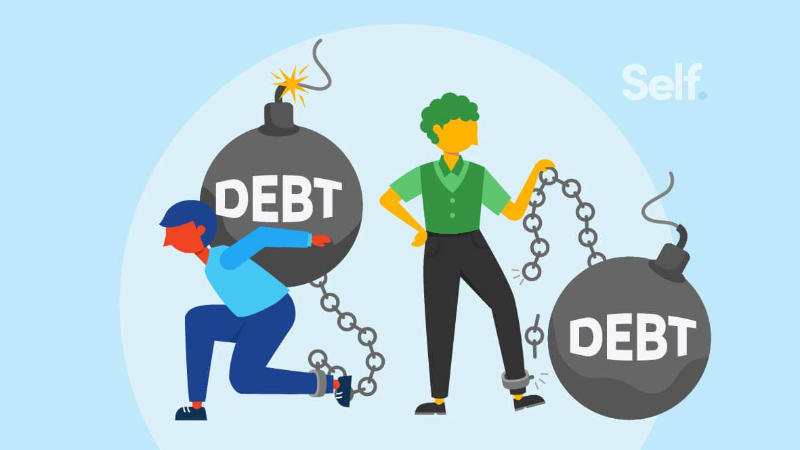Personal Finance Blog
 Industries Most Affected by Inflation
Industries Most Affected by InflationMay 23, 2022
Nearly every segment of the economy is experiencing rapid price increases at rates not seen in decades. Rising prices are putting greater pressure on households’ and businesses’ financial states as they pay more for goods and services Read more.
May 19, 2022
Overdrafts are not reported to credit bureaus, but they could hurt your credit score indirectly if they’re sent to collections. Read more.
 Half of Americans Feel Trapped in Their Financial Situation
Half of Americans Feel Trapped in Their Financial SituationMay 11, 2022
Survey shows half of Americans feel trapped in their financial situation Read more.
 What Is Debt Consolidation and How to Consolidate Your Debt
What Is Debt Consolidation and How to Consolidate Your DebtMay 9, 2022
If you’re looking for ways to be more responsible with your money and avoid relying on credit cards, debt consolidation is a strategy that can help you get started. Read more.
 What Is a Credit Sweep and What to Do Instead
What Is a Credit Sweep and What to Do InsteadApril 26, 2022
A credit sweep may sound tempting, but there is nothing credit repair companies can do to fix your credit that you can’t fix on your own — here’s how. Read more.
 Money and Mental Health: Ways to Cope with Financial Stress
Money and Mental Health: Ways to Cope with Financial StressApril 25, 2022
Feeling anxious or unsettled about money is a reality that many people may face. So, if you’re struggling with financial unease, it might comfort you to know that you’re far from alone in those feelings. Read more.
 Bankruptcy Dismissal vs. Discharge: What's the Difference and How They Affect Credit
Bankruptcy Dismissal vs. Discharge: What's the Difference and How They Affect CreditApril 22, 2022
A bankruptcy dismissal makes you responsible for your debts, while a discharge means that you no longer have to repay your debts prior to bankruptcy. Read more.
 Rent to Own A Home When You Have Bad Credit
Rent to Own A Home When You Have Bad CreditApril 21, 2022
Rent to own programs are one path to owning a home. But there are pros and cons, especially if you have bad credit. Find out more here so you can make an informed decision. Read more.